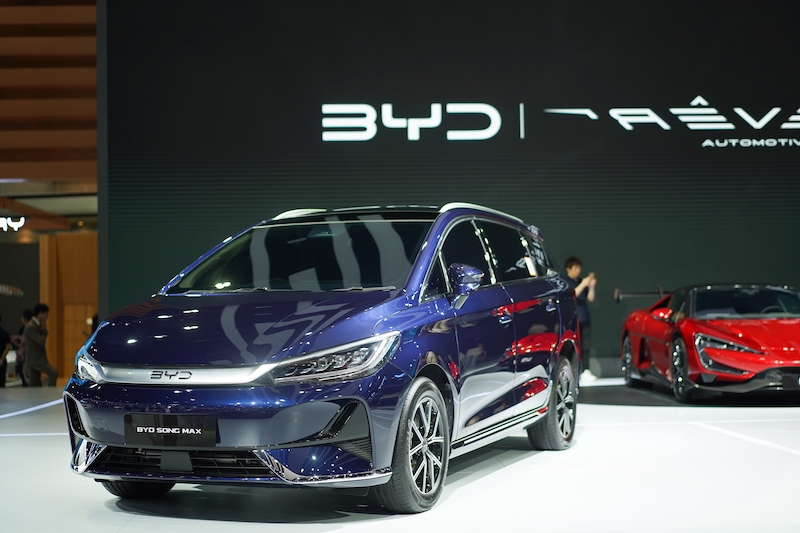
The Biden administration has announced plans to ban Chinese-made software and hardware from internet-connected vehicles in the United States, framing it as a national security measure. Officials cited concerns that such technology could be used by China to surveil or sabotage U.S. infrastructure through supply chains. This new directive mirrors the reasoning behind previous bans on telecommunications equipment from Chinese companies like Huawei and ZTE, where documents linked Huawei to surveillance activities.
The scope of the proposed ban includes more than software—it targets any hardware that connects vehicles to external networks, covering components like Bluetooth, cellular, Wi-Fi, satellite systems, cameras, sensors, and onboard computers. The software ban would take effect with model year 2027 vehicles, and the hardware ban would begin in 2030.
Additionally, the ban would extend to Russian-made auto software, though Russia’s electric vehicle (EV) industry remains more localized, lacking the global demand that Chinese EV manufacturers like BYD enjoy. The Biden administration has maintained that this decision is rooted in national security concerns, not economic competition, although the move could effectively halt Chinese auto imports due to the integrated nature of the banned software and hardware in connected cars.
Jake Sullivan, the national security adviser to President Biden, emphasized that connected vehicles bring new vulnerabilities, particularly when the technology originates from China or other nations deemed a security risk. Sullivan also referenced “Volt Typhoon,” an alleged Chinese operation aimed at inserting malicious code into critical U.S. infrastructure, including power grids and pipelines. The program is feared to pose a threat to military readiness, particularly in the event of a Chinese military action against Taiwan.
Peter Harrell, a former senior director for international economics at the National Security Council, noted that this ban could lead to broader government actions targeting foreign technology in U.S. supply chains, a trend that may continue regardless of future election outcomes.
Despite the security rationale, the impact on the availability of affordable Chinese EVs like the BYD Seagull, which costs around $10,000 before tariffs, may disappoint consumers. With tariffs doubling its price, the potential for cheaper alternatives in the U.S. market seems increasingly out of reach.
Featured Image courtesy of OLX
Follow us for more updates on chinese vehicle ban.
